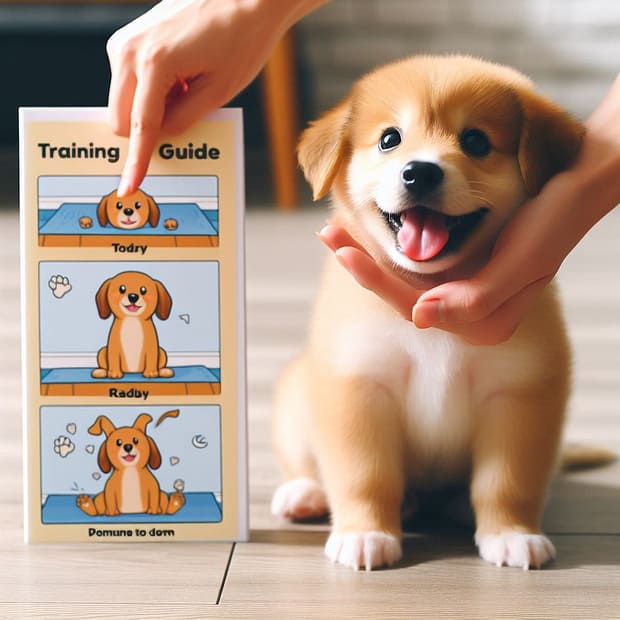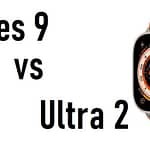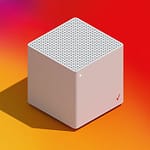Crate training is an essential aspect of raising a well-behaved and house-trained puppy. At four months old, your puppy is at a critical stage of development, and establishing a consistent crate training schedule can help foster good habits and prevent accidents. This guide provides a detailed outline of a crate training schedule tailored specifically for a four-month-old puppy.
Key Takeaways:
- Crate training helps puppies learn bladder control, provides a safe space, and aids in preventing destructive behavior.
- Consistency, patience, and positive reinforcement are crucial for successful crate training.
- A well-structured crate training schedule ensures your puppy’s needs are met while promoting a routine for potty breaks, meals, playtime, and rest.
Sample 4-Month-Old Puppy Crate Training Schedule
Morning:
7:00 AM: Wake Up and Potty Break
- Take your puppy outside immediately upon waking up to eliminate.
- Use a consistent command, such as “go potty,” to encourage elimination.
7:15 AM: Breakfast and Playtime
- Feed your puppy their morning meal in their crate or designated feeding area.
- Allow supervised playtime and interaction with toys to burn off energy.
8:00 AM: Crate Time
- Encourage your puppy to enter their crate with treats or toys.
- Close the crate door gently and provide a comfortable environment for rest.
Midday:
12:00 PM: Midday Potty Break
- Take your puppy outside for a potty break midway through the day.
- Offer praise and rewards for successful elimination.
12:30 PM: Lunch and Interactive Time
- Provide a light lunch for your puppy, if applicable.
- Engage in interactive activities, such as training sessions or brief walks.
1:30 PM: Crate Time
- Return your puppy to their crate for a nap or quiet time.
- Ensure the crate is comfortable and free from distractions.
Afternoon:
4:00 PM: Afternoon Potty Break and Exercise
- Take your puppy outside for another potty break and short walk.
- Allow your puppy to stretch their legs and explore their surroundings.
5:00 PM: Dinner and Training Sessions
- Feed your puppy their evening meal followed by a training session.
- Focus on basic obedience commands and positive reinforcement.
6:00 PM: Crate Time
- Encourage your puppy to relax in their crate with a chew toy or blanket.
- Provide mental stimulation with puzzle toys or interactive games.
Evening:
8:00 PM: Evening Potty Break and Wind Down
- Take your puppy outside for a final potty break before bedtime.
- Keep the environment calm and quiet to promote relaxation.
9:00 PM: Bedtime Routine
- Prepare your puppy for bedtime by offering a comfort item, such as a favorite toy or blanket.
- Place your puppy in their crate for overnight rest, ensuring the crate is comfortable and secure.
Overnight:
Throughout the Night: Overnight Rest
- Allow your puppy to sleep undisturbed in their crate overnight.
- Avoid letting your puppy out of the crate unless necessary for a potty break.
Tips for Success:
- Consistency is Key: Stick to the crate training schedule consistently to establish a routine for your puppy.
- Positive Reinforcement: Use praise, treats, and rewards to encourage desired behaviors during crate time.
- Gradual Introductions: Introduce crate time gradually and positively to prevent anxiety or fear.
- Regular Potty Breaks: Take your puppy outside frequently for potty breaks to reinforce good habits.
- Adapt to Your Puppy’s Needs: Adjust the schedule as needed based on your puppy’s individual needs and progress.
By following this structured crate training schedule and incorporating positive reinforcement techniques, you can help your four-month-old puppy develop good habits, feel secure in their crate, and thrive as a well-adjusted and house-trained companion.
















